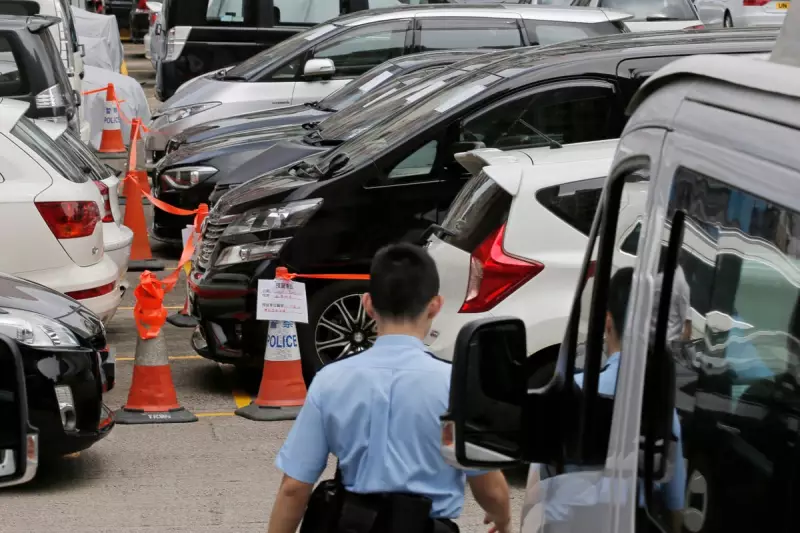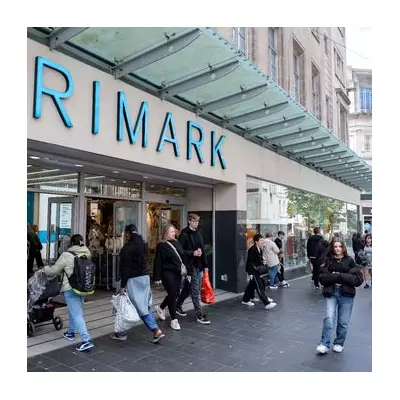
Hong Kong law enforcement has intensified its campaign against Uber, executing coordinated raids on multiple driver residences and company facilities across the city. The operation marks one of the most substantial crackdowns on the ride-hailing service in recent years.
Widespread Police Operation
According to official statements, police conducted searches at 25 different locations throughout Hong Kong, specifically targeting properties used by Uber drivers. The operation resulted in the arrest of several individuals connected to the platform's operations.
Law enforcement officials confirmed they visited Uber's Hong Kong offices as part of their investigation, though specific details about what was seized or documented during these visits remain undisclosed.
Ongoing Legal Battles
This latest police action continues Hong Kong's longstanding regulatory challenges for Uber. The global ride-hailing giant has faced persistent legal hurdles in the Asian financial hub, where authorities maintain that the service operates outside existing transportation regulations.
Unlike many other major cities that have established frameworks for ride-hailing services, Hong Kong has maintained a firm stance requiring such services to comply with traditional taxi licensing laws.
Industry Impact and Response
The crackdown represents a significant setback for Uber's operations in one of Asia's most important markets. Industry analysts suggest that the scale of this operation indicates authorities are taking a more aggressive approach to unlicensed ride-hailing services.
Uber has consistently argued that its services provide much-needed transportation alternatives in Hong Kong and create economic opportunities for drivers. The company has been advocating for updated regulations that would formally legalise ride-hailing platforms.
Future Uncertain for Ride-Hailing in Hong Kong
This development raises questions about the future of ride-sharing services in the city. While consumers have widely adopted such services for their convenience and competitive pricing, regulatory authorities appear determined to enforce existing transportation laws.
The situation continues to highlight the tension between innovative technology platforms and established regulatory frameworks in one of the world's leading financial centres.





